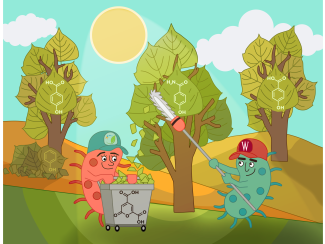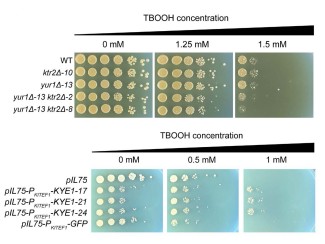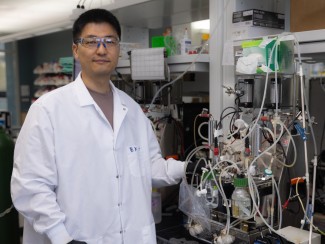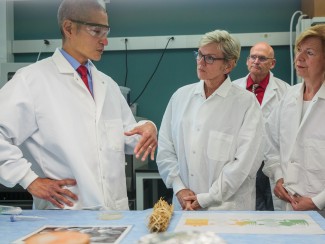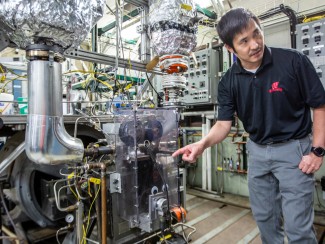Renewable energy education, discoveries in bioplastic, and discussions of research impacts around the U.S. were the focus of media coverage of WEI this month.
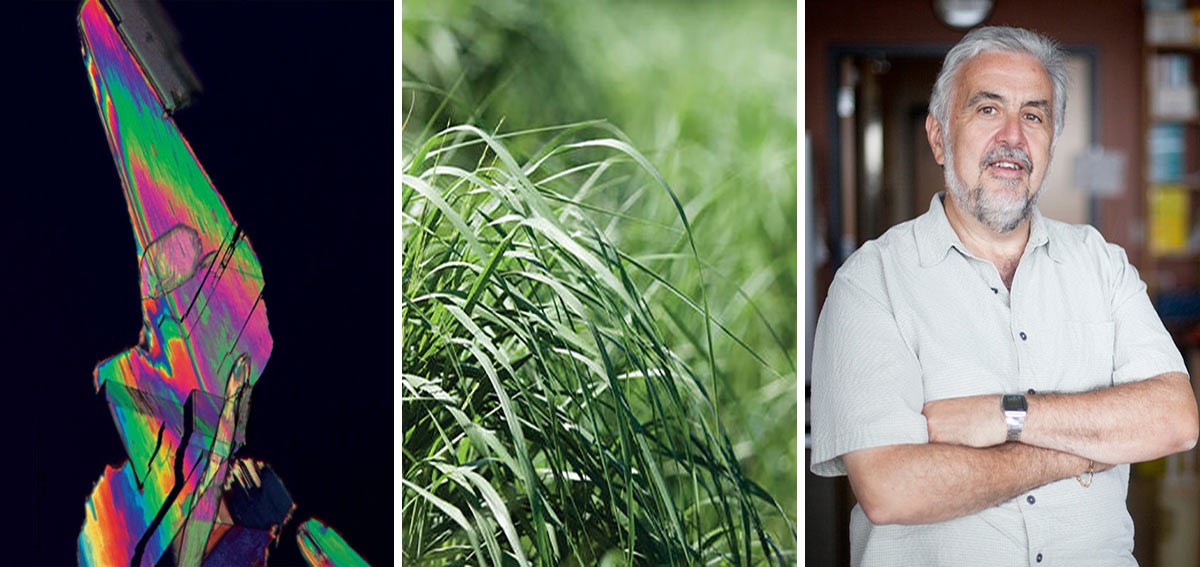
In February WEI researchers were featured in the press for discoveries in bioproducts and fuels, while students wind up their own renewable energy projects.
Darlington students to demo wind turbines in Madison

Telegraph Herald
Three Darlington Elementary/Middle School sixth-grade teams headed to Madison to compete in a state competition that will test their science skills. Retired Darlington High School teacher Dick Anderson said students will present model wind turbines they have spent more than two months designing, building and testing.
Digestible grasses mean better feed and better fuel

The Scottish Farmer
Plant biomass contains considerable calorific value – but a lot of it is tied up in robust cell walls, an evolutionary advantage that has helped grasses to survive foragers and prosper for more than 60 million years. But a multinational team of researchers, from the UK, Brazil and the US, has now pinpointed a gene involved in the stiffening of cell walls which can be suppressed to increase the release of sugars by up to 60%.
Featured Researchers
Great Lakes Bioenergy Research Center looks to designing advanced biofuels as way forward

Biofuels Digest
In Wisconsin, building on the success of 10 years of investigation into the production of renewable fuels from plants, the Great Lakes Bioenergy Research Center (GLBRC), led by the University of Wisconsin–Madison, recently embarked on a new mission: to develop sustainable alternatives to transportation fuels and products currently derived from petroleum.
New bioenergy research center building on 10 years of success
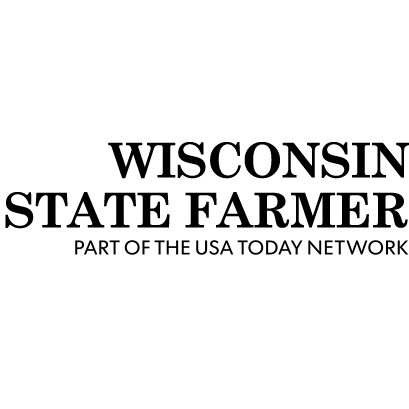
Wisconsin State Farmer
On Feb. 18, at the Annual Meeting of the American Association for the Advancement of Science in Austin, Texas, Tim Donohue, GLBRC director and UW-Madison professor of bacteriology, highlighted a decade of developing economically viable bioenergy technologies, while looking forward to the next five years of establishing a production pipeline of advanced fuels and bioproducts.
Featured Researchers
A Sweet Future for Renewable Plastics

Engineering.com
Scientists at the UW–Madison have demonstrated a new way of producing renewable plastic using a plant-derived solvent known as GVL (gamma-Valerolactone).
Featured Researchers

